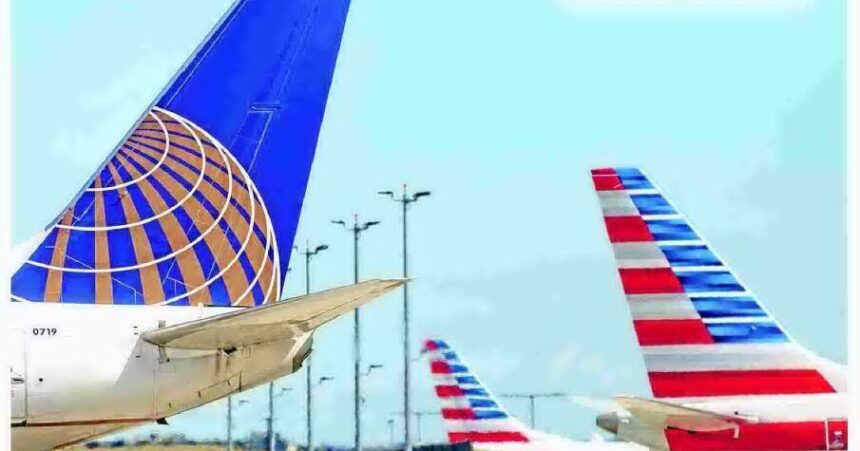Delays are bound to happen when you travel by air frequently. How airlines handle these delays can vary depending on factors such as the reason for the delay, the city, and even the passenger’s frequent flier status.
In Europe, passengers are entitled to compensation for delays and cancellations under consumer protection laws set by the European Union. Airlines are required to provide cash compensation to passengers for delays within their control.
Unlike Europe, the U.S. lacks a standard for what airlines must offer passengers in the event of a delay or cancellation. Each airline in the United States decides how to assist affected passengers during what they term “irregular operations,” with oversight from the Department of Transportation.
Most airlines in the U.S. do not provide cash compensation for delays. However, some, like Alaska, may offer travel credit for delays over three hours for situations within their control. The DOT recommends that airlines cover passenger expenses for significant delays within their control, but each airline has its own guidelines for handling such requests.
People are also reading…
The first factor airlines consider when deciding whether to offer vouchers for meals or hotels is the cause of the delay. Most airlines do not provide vouchers for delays they consider uncontrollable, such as those due to weather, air traffic control, or major events like earthquakes or volcanic eruptions. Force majeure, such as a general strike or riot, is another uncontrollable delay cause that could affect safe airline operations.
Airlines have tried to argue that certain situations, like recent IT outages, were force majeure, but regulators have generally classified them as controllable delays. These controllable delays may include crew scheduling issues, aircraft availability, unscheduled maintenance, and other factors within an airline’s control.
Some airlines may disclose the reason for a delay on their app or website, while others may make announcements. It’s important to note that not all carriers are transparent about the reasons for delays. For example, American Airlines does not provide reasons for delays on their app or website, while United typically explains on their flight status page.
When to request a voucher
U.S. airlines have varying policies on when they will issue vouchers for meals or overnight stays in a delay situation. The airline’s Customer Service Commitment, usually available on their website, outlines the conditions under which vouchers will be issued.
Generally, airlines require a significant delay of several hours or more, which they deem controllable, to provide a voucher. Some airlines, like United, may automatically send vouchers to passengers for eligible flight delays, while others may require passengers to inquire about voucher eligibility. American Airlines states that these accommodations are available “on request.”
If an agent is unable to issue a voucher, passengers can ask for an explanation. Agents should be willing to clarify the contents of the Customer Service Commitment when requested. It’s also advisable to check back if a delay extends, as uncontrollable delays may evolve into different reasons (e.g., from weather to crew accommodation issues).
Many airlines will reimburse “reasonable” expenses if vouchers cannot be issued or are difficult to obtain. This typically includes meals during the delay, overnight lodging if the delay is extended, and transportation between the airport and the hotel. Passengers can usually submit receipts for reimbursement after their travels.
Choosing the right terminology can facilitate interactions with airline staff, whether at the airport or in post-travel communications.
A refund entails returning the money paid for the plane ticket. Airlines usually refund nonrefundable tickets only if the flight is delayed or canceled and passengers cannot reach their destination on the ticket. Refunding a ticket that has been flown is rare, as the service paid for has been provided, albeit delayed.
A reimbursement involves receiving compensation for expenses related to the delay, excluding the original plane ticket cost. If expenses for meals, transportation, and lodging were incurred during a controllable delay where no voucher was provided, a reimbursement can be requested.





